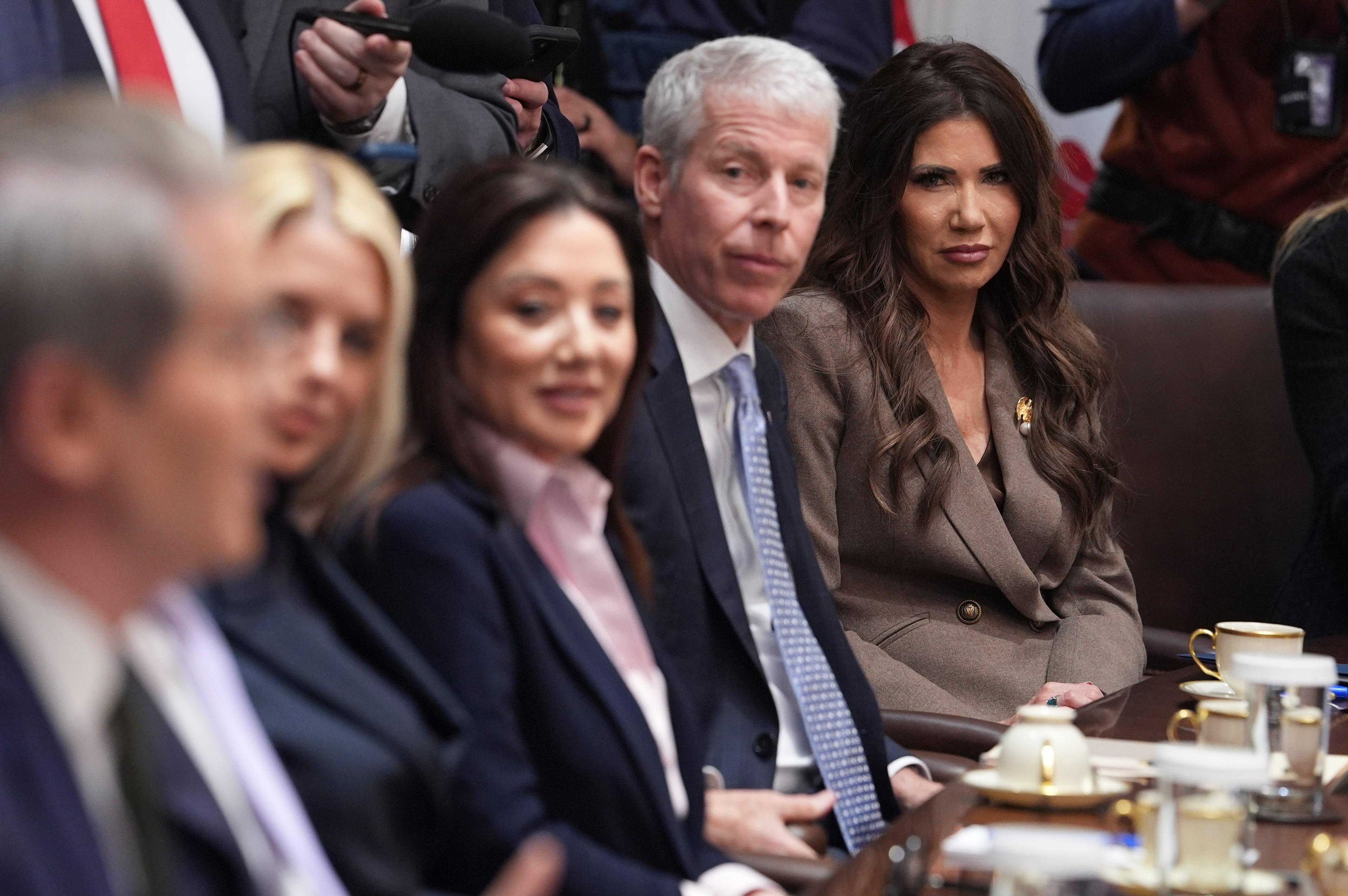Curb officials’ gifts, ease public doubts
Do you ever wonder what drives Georgia’s state legislators to address the issues that they do?
For example, how did they determine that individuals should pay a fee when they purchase a car from another individual? In the past, only purchases from car dealerships were taxed.
Out of a sense of fairness, did citizens in mass contact their legislators to petition for a tax that would include private car sales? No legislators said that was the case. Although many Georgians cheered the end of the ad valorem tax, questions remain about the influence of lobbyist gifts on the swap that replaced that tax with a broader-based fee.
Any responsible lawmakers would likely respond that their actions are in the best interest of Georgia.
A basic tenet of our democracy is the notion that our legislators derive their power from the consent of the people — not the lobbyists and their gifts, not the wealthy campaign donors.
As Lawrence Lessig points out in his book, “Republic Lost: How Money Corrupts Congress — and a Plan to Stop It,” this dependency is so crucial to their legitimacy and our democracy that the mere appearance of conflicts of interests should cause them to recoil from any perceived conflict. Yet members of the General Assembly are convinced that they are not influenced by gifts or campaign contributions.
The fact that auto dealers lobbied for a tax on car sales between individuals and greased the axle of passage with $24,000 in campaign contributions should have prompted lawmakers to pull the emergency brake.
Legislators should have rejected the gifts and campaign contributions. But the “relationship” between auto dealers and our legislators has been cultivated over many years. Legislators and dealers both benefit. The former receive meals, sporting event tickets and election funds, and the latter get favorable treatment.
Of course, that’s not how our legislators see it. Said Senate Majority Leader Chip Rogers: “Overall, I know of no impact that any donations had on the tax reform measure.” Most of us don’t believe that, and for good reason. We were not clamoring for this new fee; only auto dealers were.
This mere perception of a conflict is doing great damage to the integrity of our legislative process. It is maddening to endure the denials of our state’s political leaders. This is why we must toughen lobbying and campaign finance laws. We should have every confidence that laws are considered based on our best interest.
As it is, there are substantial questions regarding the priorities and policies considered by the Legislature, but its leaders refuse to acknowledge that anything is wrong. Unfortunately, their corruption may be correctable only through removal from office.
Don McAdam is operations manager for a money order company. He lives in Sandy Springs.
More Stories
The Latest


